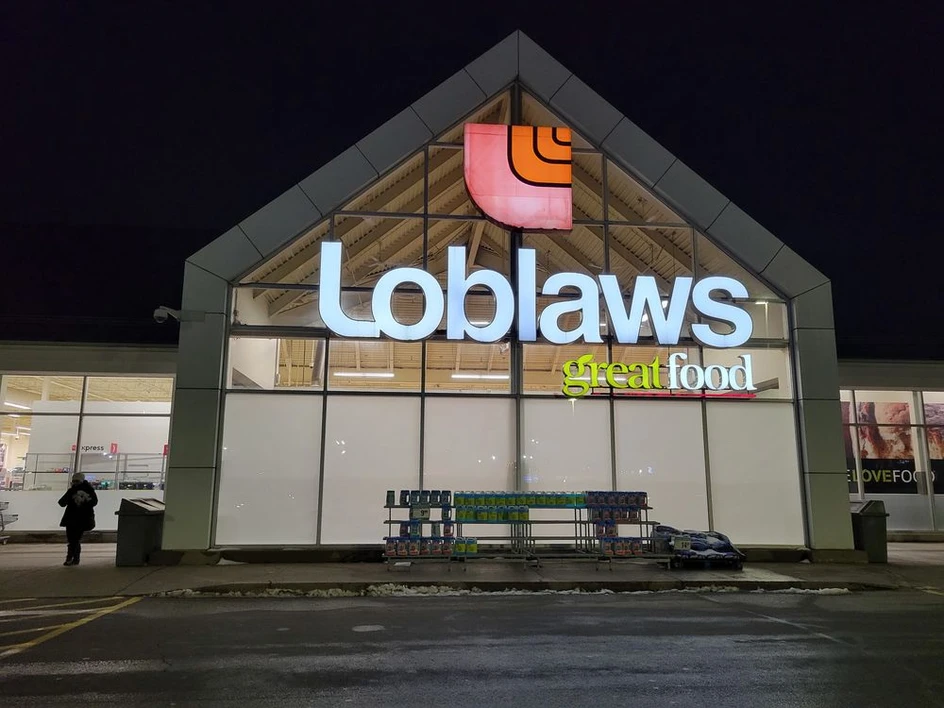Markets Rebound as Hopes for Iran–U.S. Dialogue Ease Geopolitical Tensions
U.S. stock futures edged higher on Wednesday as signs of potential diplomatic movement in the Iran–U.S. standoff helped calm volatile markets. Futures tied to the S&P 500 rose about 0.3%, the Nasdaq 100 gained 0.5%, and Dow Jones Industrial Average futures added 0.2% after a turbulent prior session. The shift in sentiment followed reports that Iran has quietly approached the United States to discuss terms for ending the escalating conflict , a development that helped cool fears of further disruption in global energy markets. This diplomatic signal contributed to a rebound after Tuesday’s sharp sell-off, when concerns over widening conflict and rising oil prices rattled investors. The conflict, now in its fifth day, has seen continued strikes and mounting casualties, adding to market unease. Iran is preparing for the funeral of Supreme Leader Ali Khamenei, killed in recent attacks, while regional tensions remain high. Despite the ongoing uncertainty, Wednesda...




Comments
Post a Comment